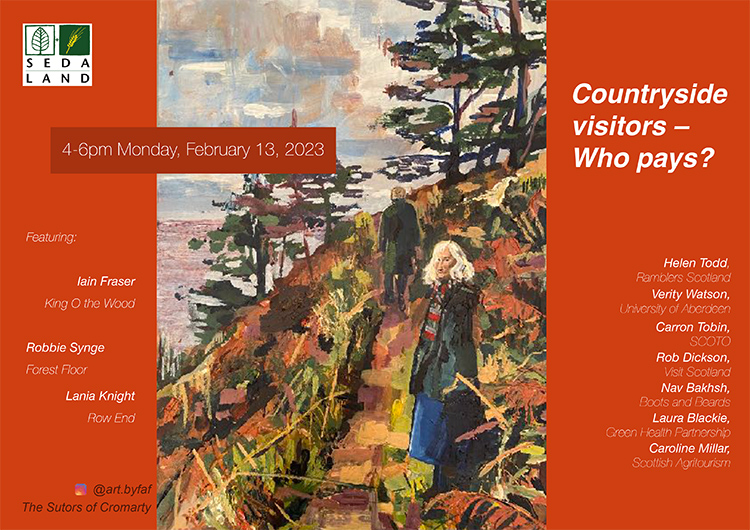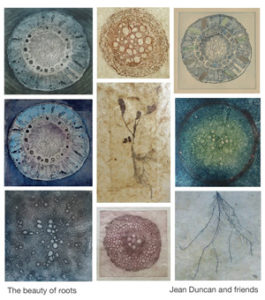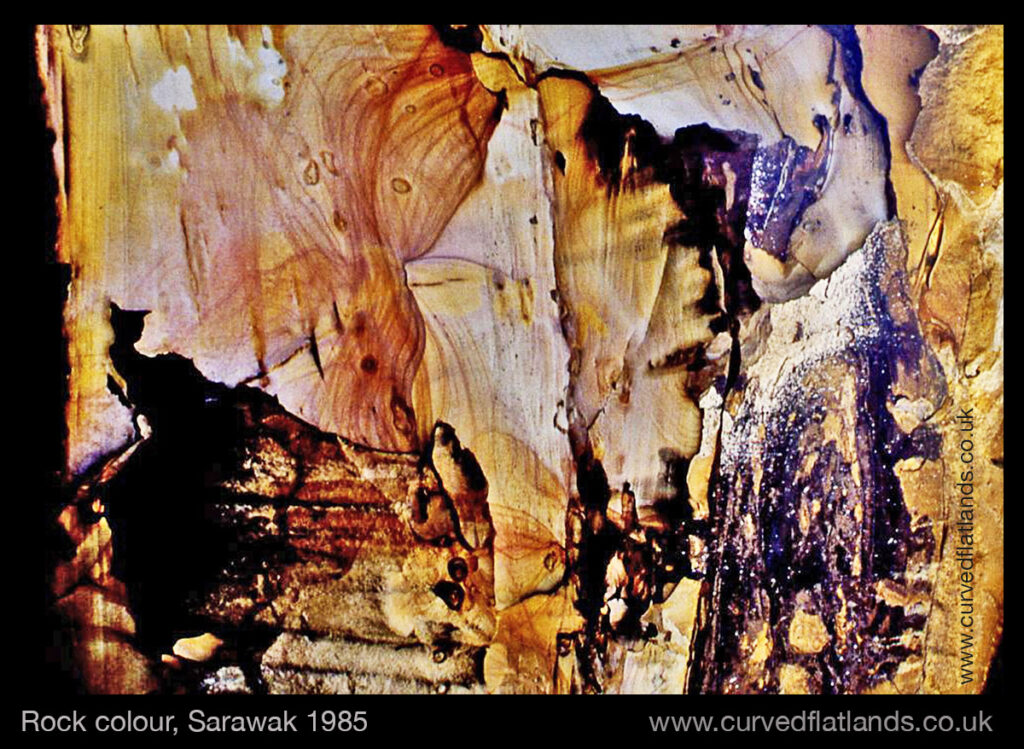Welcome to curvedflatlands
Most agroecosystems are under threat, subject to too much ‘take’, lack of understanding and poor management. Yet this need not be so.
There are examples throughout the world of systems that produce food and fibre without degradation, that value soil, landscape, biodiversity and connexion to the land, that satisfy their own needs without destroying another’s place. It is these systems that we must learn from.
Latest …. Store and flux – it’s a game : interactions with Abertay students in 2024 …… Looking back to a systems framework in 2011 …. Introduction to Community Mapping (sourcing food, climate resilience) …. Carbon tax Land Conversation November 2021 … Degradation – restoration: defining a safe space …. and then some small contributions to the UN Decade of Ecosystem Restoration … latest on the Matrix and Decision Tree used to guide the conversations … earlier … First ideas and Background ….. see Latest for notes on Displacement and severed connection and the out-of-body experience of Over Lunan ….. Before that Food security in the pandemic ….. More in the series on 1800s crop and grass mixtures in Interlacing and Agrostographia …. Background to the talk on Soil: healing the skin expanded at Lessons from the US dust bowl, Soil erosion in Scotland and exhibitions on Da Vinci and Blake …. first of a serious of posts on Annular ciphers, keys and decision trees.

The principles underlying stability and degradation are the same whatever the climatic region – moist tropical, semi-arid, cold boreal or temperate. Here, the maritime Atlantic-zone croplands of northern Britain, the subject of much recent study, will provide anchorage, a base from which to understand complex ecological nets and cascades.
Updated Content
- Interlacing – lessons for seed mixes today? Stebler’s recommendation (1889) of over-seeding in grass-clover mixes considered, another in a continuing series on grass-legume mixes.
- Comprehensive list of online data moved from Citizen’s Jury post to Sources of Information on the Atlantic Zone pages.
- Nourish Scotland were right to predict in March 2020 that panic buying would recede and shelves be re-stocked, but food systems in Scotland could fail due to other global threats. They’ve failed before – more at Food Security in the pandemic.
- Agrostographia – first published early 1800s then in many editions to the 1880s, a practical manual on complex seed mixtures for pasture, with notes on crop mixtures: lessons for present day attempts to diversify?
- Soil: healing the skin – presentation at the Centre for Human Ecology’s event on 23 January 2020 on the subject of Invading the Skin of the Earth: Soil with supporting material on Lessons from the US Dust Bowl and timely exhibitions of Da Vinci and Blake (more to follow).

- Form line, form square! …. naargh just mix it! – strategies for mixed cropping in Scotland’s Atlantic agriculture.
- Annular ciphers, keys and decision trees – start of a series of posts on circular devices used to simplify and sometimes hide information.
- The 2018 Summer drought: comparison of 2018 and past dry-year rainfall patterns and analysis of the small depression of yield in arable Scotland.
- NASSTEC project publishes Native Seed Restoration Manual September 2019, links at latest.
- Arable trends – positive, negative and neutral – the author’s assessment of systematic change over the last few decades.
- Grass mix diversity a century past looks at mixtures for hay and grazing promoted from the early 1800s by Stephens, Elliot and then Findlay, surely a lesson for today – continuing a series of articles on crop-grass diversification.
- Resilience in a three-grain production system – a historical survey of the shifts in oats, barley and wheat in response to societal change, rare weather and economic forces.

- Landscape mosaic defines pesticide loading – especially the balance of grass and arable – methodology by combining EU IACS data with pesticide survey at Mapping pesticide loading in Scotland’s maritime arable-grass.
The contribution of EU funding to supporting Agroecology at the James Hutton Institute is explored at How … next … for Agroecology at Hutton and an earlier survey of EU grants at Contribution of European funding.
Links
Geoff Squire worked at the James Hutton Institute, Dundee UK (previously the Scottish Crop Research Institute) for a quarter century ending September 2018. He continues in a formal honorary position of the Institute, maintaining close working links with staff, students and current projects. Brief bio at This site.
Contact: geoff.squire@outlook.com, geoff.squire@hutton.ac.uk
Twitter : https://twitter.com/curvedflatlands
The Living Field outreach project www.livingfield.co.uk shares the aims and some of the images of this site. Current content includes the series on Climate and Sustainable Food and DIARY21.
At The James Hutton Institute: Personal staff page for more on science, funding outputs and people.

